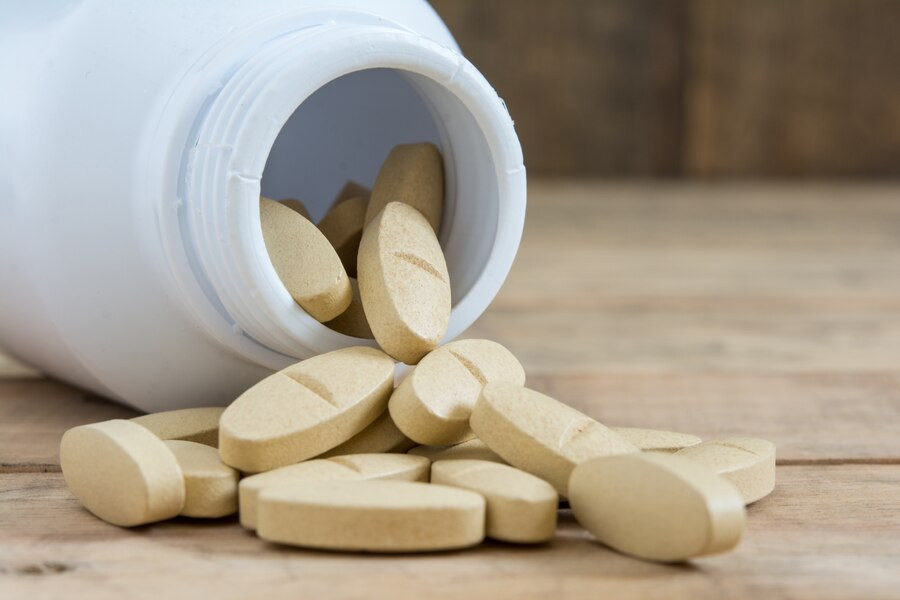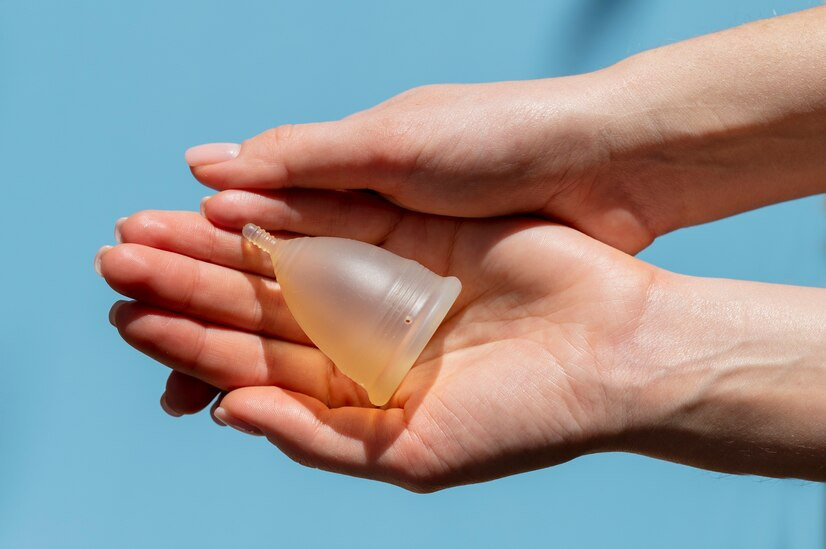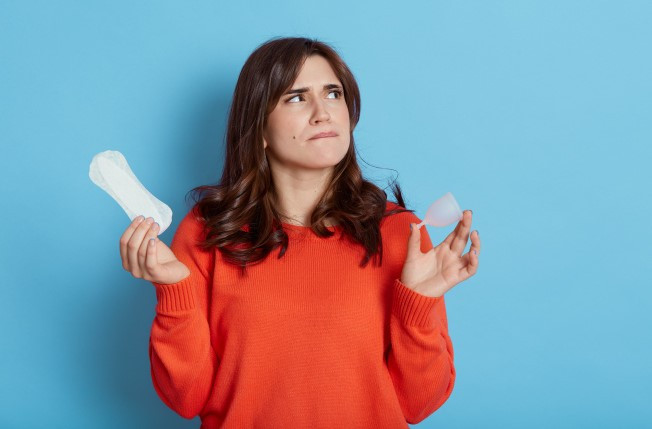Iron is essential for human health, particularly in the formation of hemoglobin, which transports oxygen from the lungs to the rest of the body. Iron deficiency can cause anemia, which is characterized by a low red blood cell count, fatigue, pallor, a rapid heart rate, dizziness, headaches, feeling cold, and a higher vulnerability to disease.
Risk of anemia during menstruation
During menstruation, women lose blood in varying volumes. Some people may experience heavy periods that cause them to lose a lot of blood, as well as periods that last longer. This can cause iron deficiency and anemia.
Furthermore, iron deficiency in the daily diet increases the risk of menstrual anemia. A low-iron diet increases the body's susceptibility to blood loss during menstruation.
Should I take iron supplements during my period?
The need to take iron supplements while on your period should be discussed with your doctor. If you have long menstrual periods, lose a lot of blood during menstruation, and have symptoms of anemia, your doctor may recommend iron supplements.
Before prescribing iron supplements, your doctor will usually ask you to have a blood test to determine your iron levels. If this test reveals low iron levels, your doctor may prescribe iron supplements.
It is not recommended that you take iron supplements without first consulting your doctor, as excess iron in the body can cause organ damage and other serious diseases.
Iron requirements for women
Each woman's iron requirement is categorized by age, including:
|
Age |
Daily Recommendations |
|
14–18 years old |
15 mg |
|
19–50 years old |
18 mg |
|
≥ 51 years old |
8 mg |
| Pregnant Woman |
27 mg |
|
Breastfeeding mother (< 19 years) |
10 mg |
| Breastfeeding mother (> 19 years) |
9 mg |
Natural sources of iron in food
Apart from taking iron supplements, you can meet your iron requirements through your daily diet. Here are some natural sources of iron that can help you meet your iron requirements:
- Red meat, poultry, fish, and animal products are all animal-based sources of iron that the body can absorb more easily
- Green vegetables that contain iron include spinach, kale, broccoli, kale, and mustard greens
- Dried fruits such as dates, raisins, and apricots are rich in iron
- Nuts like peanuts, almonds, and cashews, and seeds like sunflower and pumpkin seeds
- Legumes like kidney beans, lentils, peas, and soybeans
- Iron-fortified foods include cereals, bread, pasta, and other food sources
Eating a variety of iron-rich foods and maintaining a balanced nutritional intake can help meet the body's iron needs naturally. If you need additional iron, consider consulting a doctor or nutritionist for more appropriate advice according to your needs.
Have any additional questions about iron requirements or anemia issues? You can make use of the consultation features that are available in the Ai Care application by downloading the Ai Care application from the App Store or Play Store.
Looking for more information about nutrition, food, and other diet tips? Click here!
- Sean Edbert Lim, MBBS
WHO: Daily iron supplementation for improving iron status and health among menstruating women. Available from: https://www.who.int/tools/elena/review-summaries/daily-iron-women--daily-iron-supplementation-for-improving-anaemia-iron-status-and-health-in-menstruating-women
R. Morgan Griffin (2023). Dietary Iron and Iron Supplements. Available from: https://www.webmd.com/diet/supplement-guide-iron
Cleveland Clinic (2022). Iron Supplement (Ferrous Sulfate). Available from: https://my.clevelandclinic.org/health/drugs/14568-iron-oral-supplements-for-anemia
Tatnai Burnett, M.D. (2023). I read somewhere that folic acid supplements are beneficial for women with heavy periods. How does folic acid help heavy periods?. Available from: https://www.mayoclinic.org/diseases-conditions/menorrhagia/expert-answers/heavy-periods/faq-20058365
John Hopkins Medicine. Iron-Deficiency Anemia. Available from: https://www.hopkinsmedicine.org/health/conditions-and-diseases/irondeficiency-anemia
Harvard TH Chan (2023). Iron. Available from: https://www.hsph.harvard.edu/nutritionsource/iron











